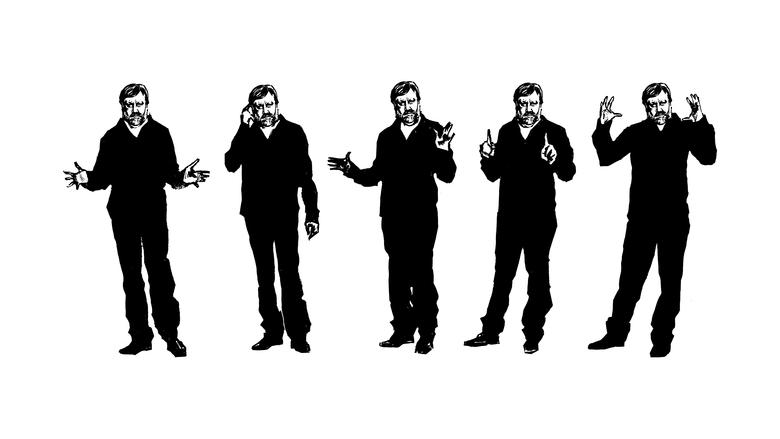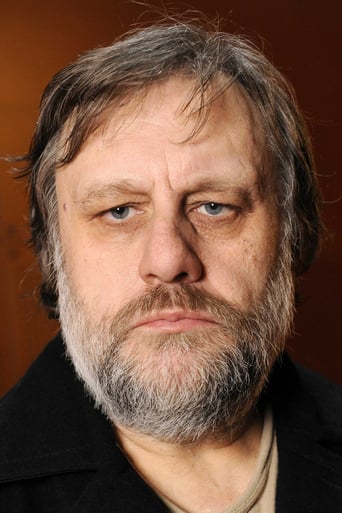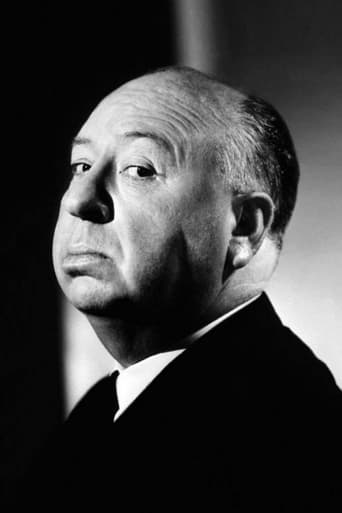
The Pervert's Guide to Cinema
October. 06,2006A hilarious introduction, using as examples some of the best films ever made, to some of Slovenian philosopher and psychoanalyst Slavoj Žižek's most exciting ideas on personal subjectivity, fantasy and reality, desire and sexuality.
Similar titles
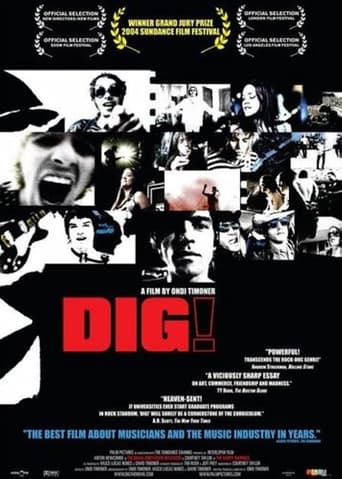
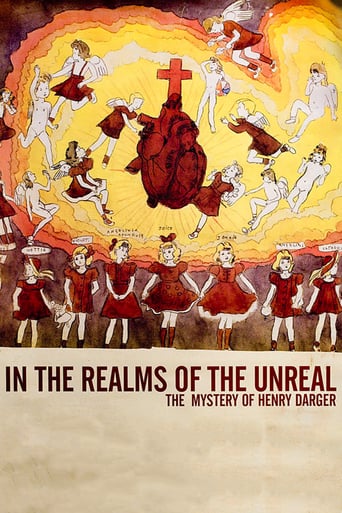
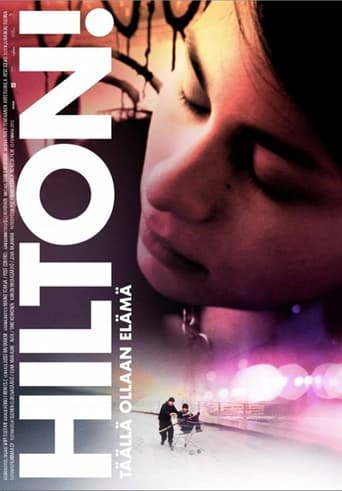

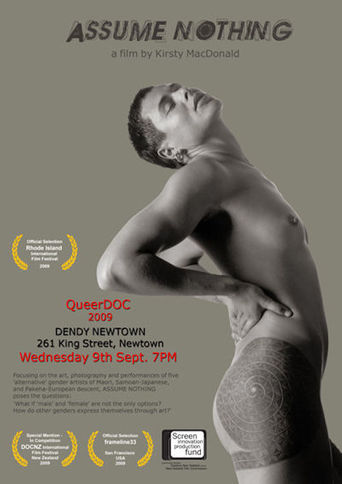
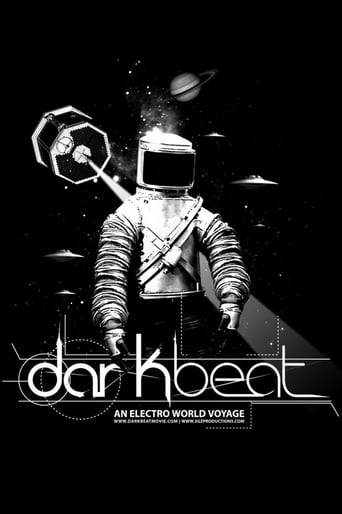

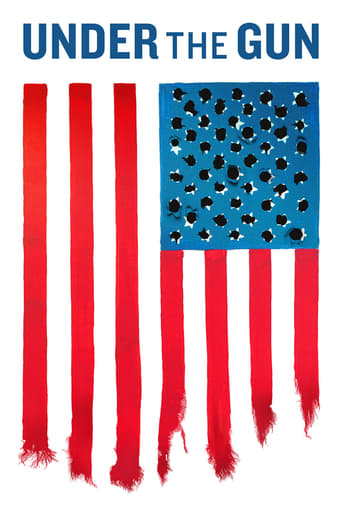
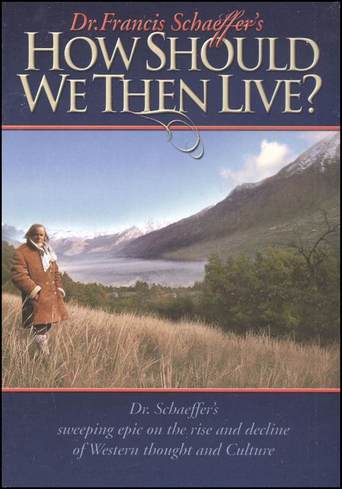
You May Also Like
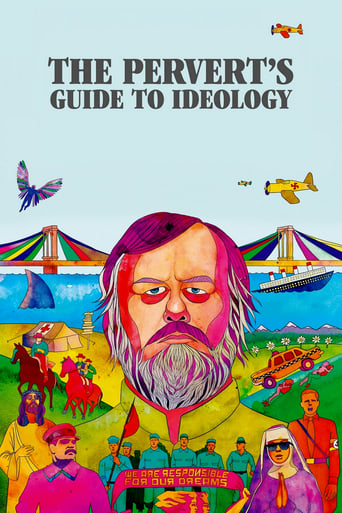
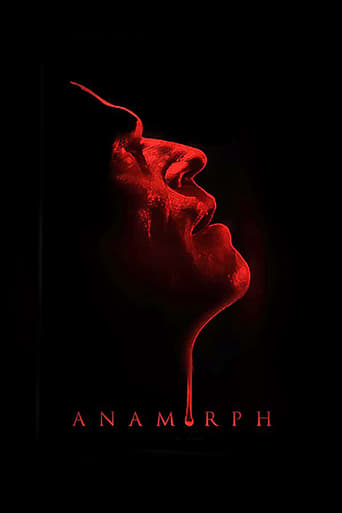
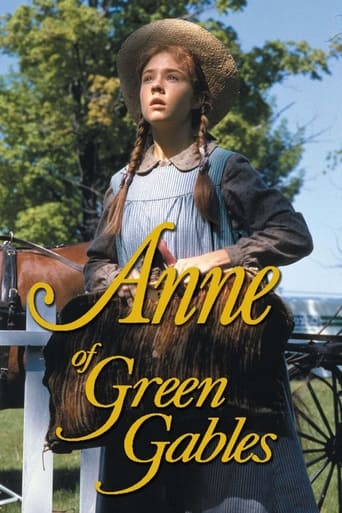
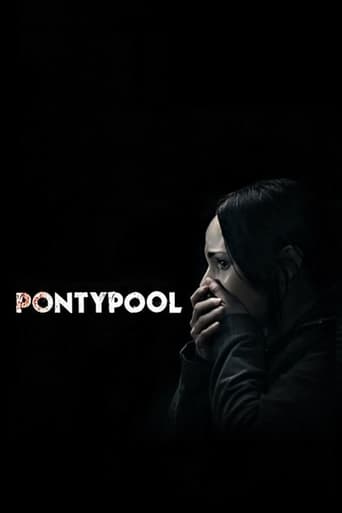
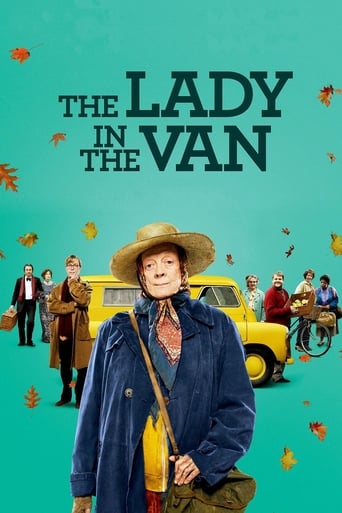

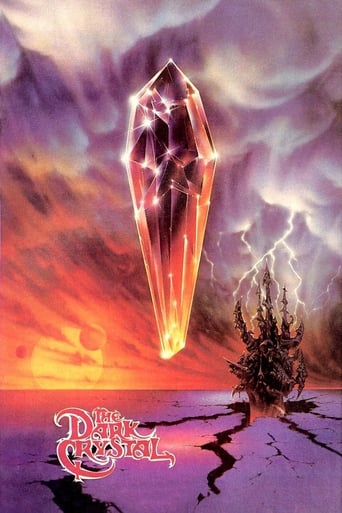
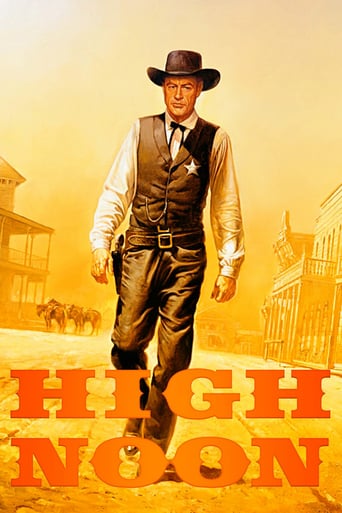
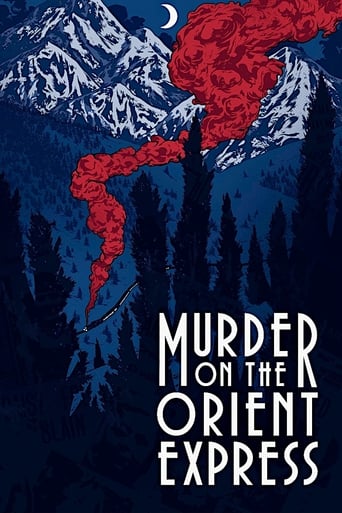
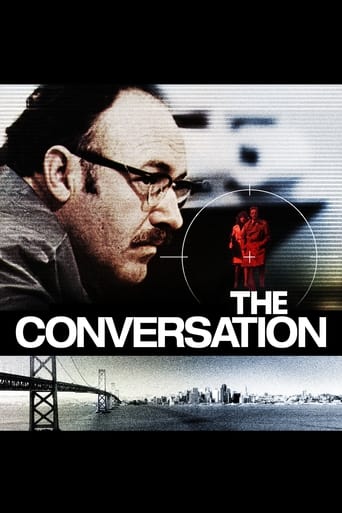
Reviews
That was an excellent one.
In truth, there is barely enough story here to make a film.
The joyful confection is coated in a sparkly gloss, bright enough to gleam from the darkest, most cynical corners.
Great story, amazing characters, superb action, enthralling cinematography. Yes, this is something I am glad I spent money on.
For Zizek we are all perverts in that human consciousness is the attempt to postpone the confrontation with real experience- the horror of death and the misery of our toil, as well as the terror of achieved orgasmic bliss- through the construction of a less frightening fantasy life. Cinema is the ultimate means by which we project our fantasies of a more tolerable world. Zizek argues that the acute suffering of the oppressed of the current social order is tolerable only through the construction of a particular type of fantasy- that of the class struggle. It is an added dimension of fantasy for those who suffer the most in society. The difficulty with the progressive project is that it too is a form of postponement. The class struggle often finds itself drawn to the Utopian project- to the impossible-task as such. It imagines its own failure and this is its success as fantasy. Both the USSR, in the post-revolutionary period, and the USA, after the Cold War, imagined themselves the End of History. But this pronouncement of the End was actually a fantastic postponement of the real end- the fall of a given social order, or the death of the individual (or species). If we live in the End the present will never pass. The USSR had to face the end of its present. Zizek thinks capitalism is about to face a similar confrontation with the Terrifying Real.
To be honest, I really wasn't sure if I was meant to take this documentary seriously. It's host, Slavoj Zizek, is a Slovenian psychoanalyst who is simultaneously interesting and ridiculous. One third of the time his theories went straight over my head, another third of the time I found them (unintentionally?) hilarious, while the final third of the time I saw where he was coming from. Although I can't in all honesty say that I came away from The Pervert's Guide to Cinema with a feeling that I had a greater understanding of the subtext of the films discussed. I didn't really agree with a lot of what Zizek said, his (over)analysis was very entertaining though. The documentary as a result feels much more about Zizek himself than the films. However, it does have to be said that the selection of movies covered is really pretty good, so from that basis alone this is a film documentary worth seeing.It's not especially clear who this is aimed at mind you. The title is very misleading. It makes it sound like it should be a guide to sexploitation films or something. Well, of course it isn't. Zizek examines Freudian theories in cinema specifically in the case of films by Alfred Hitchcock and David Lynch, but also with extensive clips from many other movies ranging from The Wizard of Oz to The Matrix. Zizek is the only person in this feature, so it works like an extended - if rambling - essay. Director Sophie Fiennes makes things a little more visually interesting by having Zizek appear to be in the film set himself - we see him in the cellar in Psycho, the hotel room in Vertigo and in a speedboat in Bodega Bay in The Birds. It's a neat touch, and quite funny too. As are much of Zizek's throwaway comments such as his view that 'flowers should be forbidden to children' or when he states that Stalinism was all about totalitarianism, mass murder and musicals. Even if you don't agree with this guy, you have to admit he is never exactly boring.
The person who wrote the review "enough with the sweating and spitting already" has no grasp of what cultural, literary, or psycho- critique is. He dismisses Zizek's interpretations because they don't seem "in line" with what the director originally intended. So What? The importance of a director's (or author's) intention is not important in critical theory. This is known as the author's "Intentional Fallacy" and should be avoided.http://en.wikipedia.org/wiki/Intentional_fallacy A text or movie CAN be analyzed through a number of theories, many of which disagree with one another, as well as completely ignore the author's intention. This is the most fundamental idea of Critical Theory.Because of this, whoever wrote that wall of text wasted a lot of time and effort on insulting Zizek. In reality, anyone who studies theory would immediately discredit this guys opinion (I suggest you should too) as it is completely off point.That being said... If you are at all interested in Freudian, Laconian, or Kristevian discourse, this movie is a must. It connects these theories with popular film, making them much more palpable and enjoyable than simply reading or thinking about them.
Bear in mind, any film (let alone documentary) which asserts any kind of truth, will generate an adverse and proportional amount of cynicism, from those to whom any suggestion of and or search for truths is already meaningless, those of you who are already Masters of psychology, film, and captains of the soul, will no doubt find this movie redundant, after all, you already know everything there is to know. Congrats.For those of us in the minority like myself, I found "The Perverts Guide To Cinmea"....mostly brilliant, and worth watching for those interested in movies, psychology, and modern philosophy.A little like Scott Mclouds' "Understanding Comics", director Sophie Fiennes, inter-grates Slovene philosopher, psychologist, and social critic Slavoj Zizek right into many of the films and specif scenes he discusses. The cover is an image from "The Birds"(Zizek takes a boat out to re-create the shot).Lacanian Psycho-analysis, does not necessarily scream, an evening of great fun...but it is! If you like movies that is.... Having some knowledge of Lacanian psycho-analysis helps (Symbolic, Real, and Imaginary) are terms which get thrown around a little loosely at first, but the scenes which Zizek selects and analyze make remarkably clear what was always for me, a very abstract subject. In fact, it's probably better to have a familiarity with the films he's discussing than with the terminology he uses, which becomes clearer as the film goes on.Why I love, this film isn't because it picks great films to analyze or reveals great truths about Lacan, but shows in a very practical and clever manner, where film and psychology (and by default philosophy) meet.Why is "The Sound Of Music" kinda fascistic, why is "Short Cuts" about more than just class and alienation, why do the birds attack in "The Birds", what is there to learn about the mind from "Alien Resurrection", what does the planet of "Solaris" want, what does "Psycho" and "The Marx Brothers" have to do with each other, and what the hell is David Lynch getting across in movie after movie...well Zizek has some ideas.The role of the voice in both "The Excorcist" and "Star Wars: Revenge Of The Sith", is maybe the movies strongest and most lucid moment, when he gets into feminine sexual subjectivity I begin to wonder...at one point Zizek admits his feeling that flowers are a kind of decorative vagina dentatta, that they are disgusting and should be hidden from children (jokingly, it seems but...).Anyway, it's a fascinating documentary, which anyone who has ever seen a movie, and thought it meant something more than was literally stated, should make an attempt to see.And anyone interested in Slavoj Zizek, this is a must as well, much less dry than "Reality Of The Virtual", and more direct than "Zizek!", two other pseudo-docs, about "the Elvis of contemporary cultural criticism", as he is being dubbed, in the English speaking world."The Perverts Guide To Cinema" is NOT about the role of sex in cinema. Zizek claims cinema is the ultimate pervert art, because it teaches "how to desire, and not what to desire", and that it is the only contemporary art form that can allow for these desires to be articulated. This is not a film about finding the reality in cinema, it's about finding the cinema in reality, and how important and exciting that can be. Hard to find, and a bit long, but well worth the trouble, one of the most "stimulating" movie watching experiences I've ever had.
Top Streaming Movies











